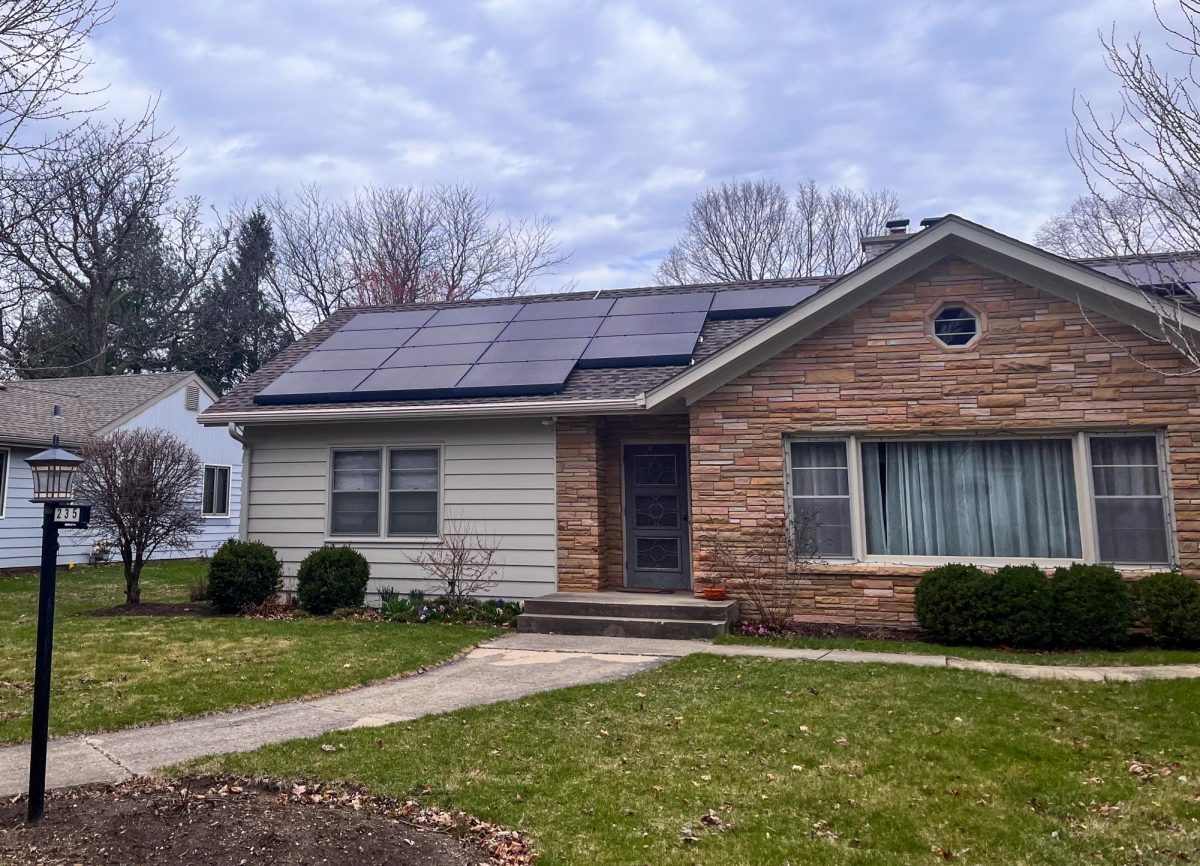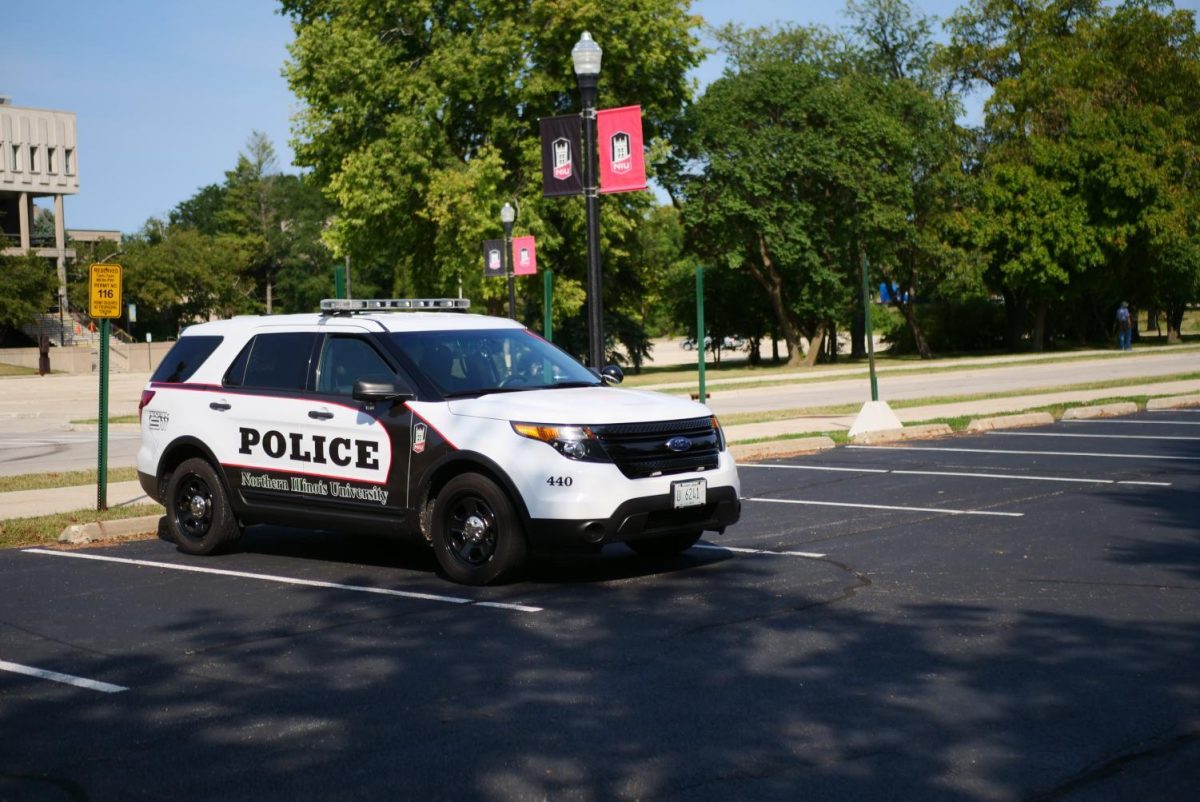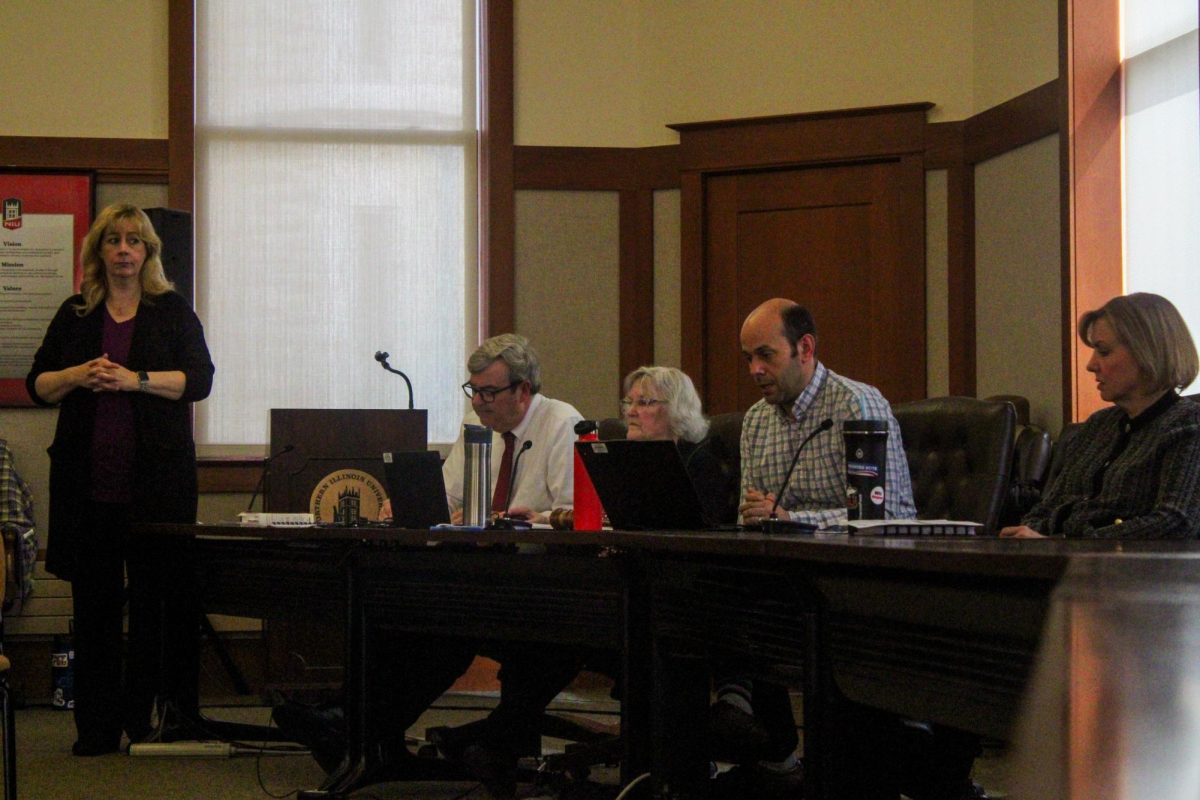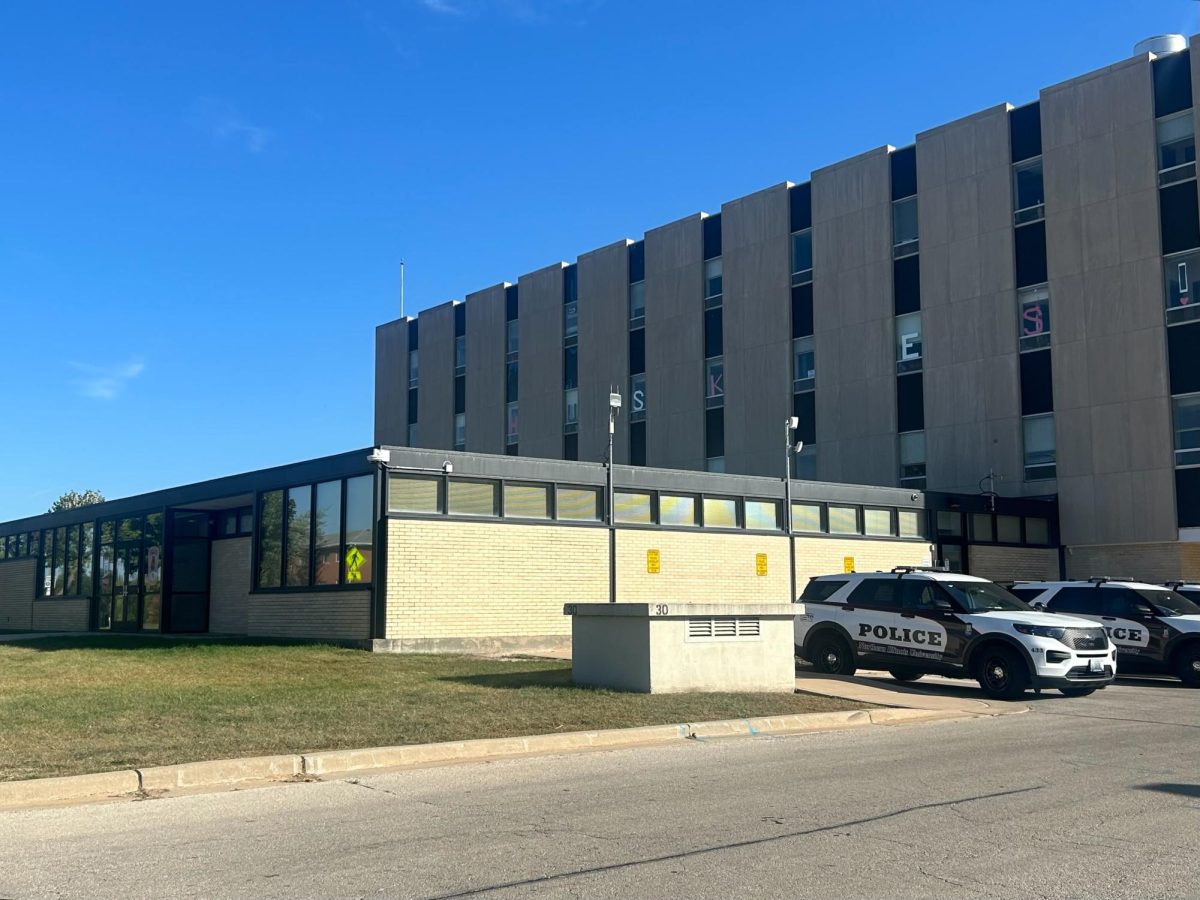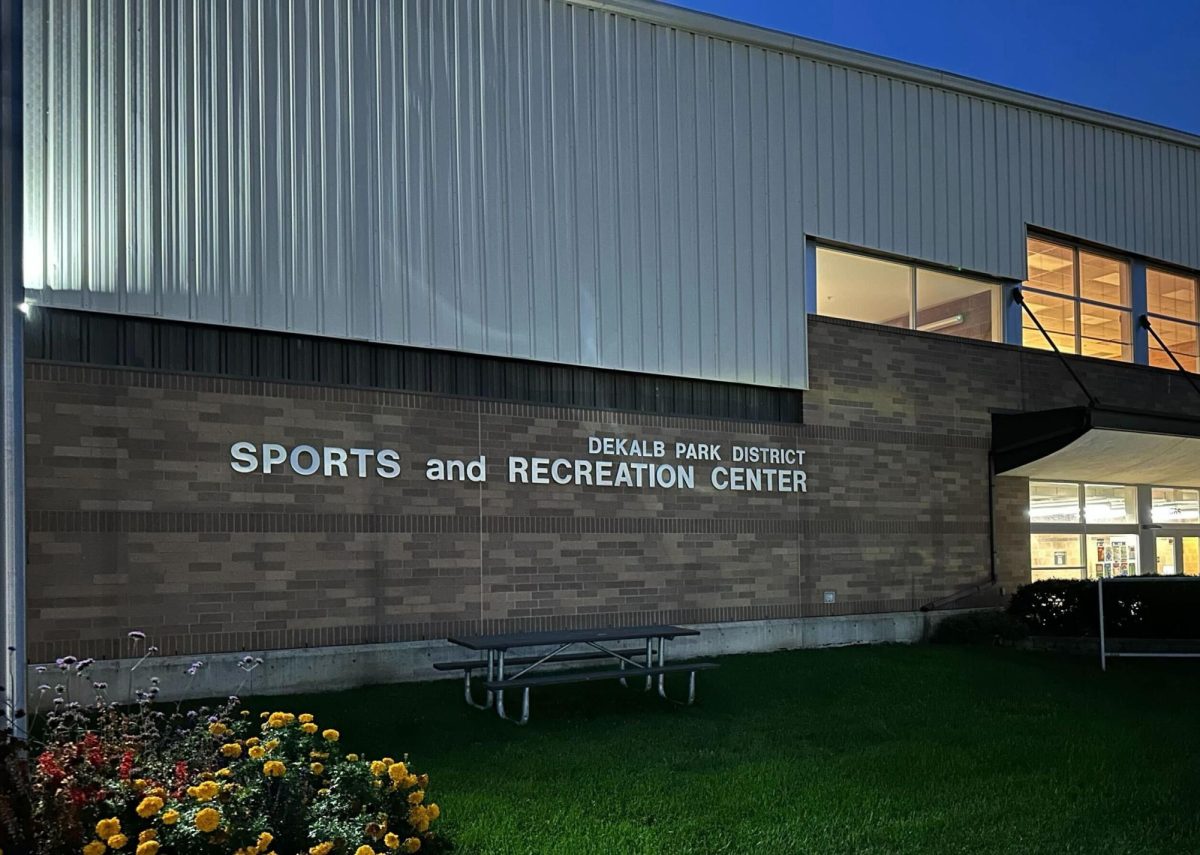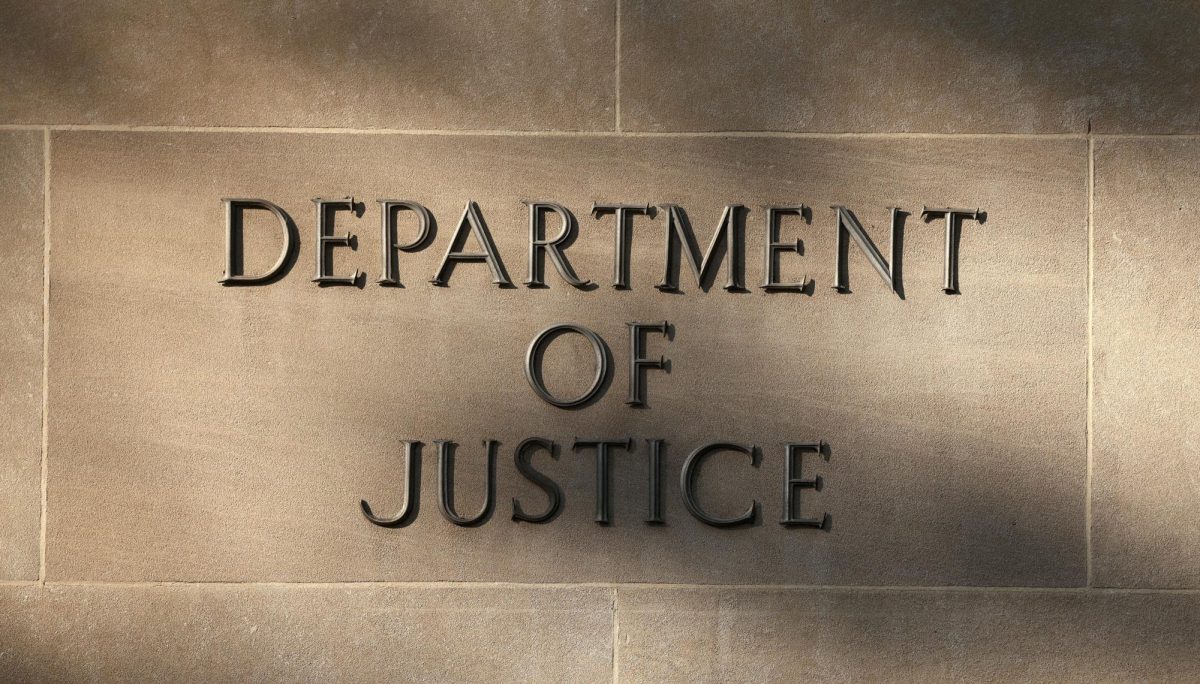It has been a little over a year and a half since NIU published its first Sustainability and Climate Action Plan.
This plan sought to address students’ concerns about a lack of university action on issues such as fleet vehicle emissions, residence hall food sustainability and sustainability education.
In 2022, President Lisa Freeman signed the Second Nature Carbon Commitment, leading to the creation of the plan.
Since the publication of the roadmap in Fall 2023, a number of key goals have elapsed. These goals range from a major renewable energy project to an easily accessible sustainability dashboard to restoring native habitat around campus.
The Northern Star identified 80 items included in the plan that should be completed or nearing completion. Given this, evaluating the progress that has been made in the past year and a half.
To do this, we talked to NIU’s campus sustainability coordinator, Courtney Gallaher.
Gallaher said the most substantial accomplishment since the publishing of the sustainability plan was the approval of $56 million in financing.
“They [Trane Technologies] can take on our debt and then we pay it back through the energy savings that are generated by the new equipment that’s much more energy efficient,” Gallaher said.
Trane Technologies is an HVAC and building automation systems company that has been contracted by NIU for several large campus projects.
This creates a system in which Trane Technologies benefits from installing the most efficient systems for the least amount of money as they only get paid in the event real energy savings are made.
These funds are being used for building efficiency improvements, the installation of solar panels and other goals.
NIU’s buildings make use of a variety of Building Automation Management systems for adjusting heating, ventilation and air conditioning (HVAC), water use and lighting. These automations are important for maximizing occupant comfort while minimizing energy use.
Other building improvements include installing and replacing insulation, energy storage solutions and electric vehicle charging stations.
In the coming months it is expected that the installation of photovoltaic solar panels will begin soon. The solar panels will be placed throughout campus with a total energy output of 4.4 gigawatt-hours annually. This is enough energy to electrify the entire DeKalb bus system.
Other sustainability goals have moved beyond financing and have begun implementation.
NIU has started the introduction of battery electric vehicles to its fleet. With plans for introducing more electric vehicle charging stations on campus.
According to Gallaher, the Convocation Center started composting food waste through a contract as required by state law. However, the implementation of composting in the dining halls has been more challenging.
Some may remember scraping food waste in the dining halls into bins for a food waste and composting study. This data has been analyzed, but no specific composting policies have been adopted by the dining halls.
“We have been in lengthy conversations with the dining hall and just can’t quite figure out the funding logistics for composting right now,” Gallaher said.
Similar to difficulties with composting, changes to academic requirements have been slow.
According to the Behavior, Attitudes, Resources, Knowledge and Sustainability survey (BARKS survey) only 37% of students have taken a class which addressed sustainability issues.
“I have been working directly with the Provost’s Office to chart the best path forward. Whether it is a required student learning outcome related to sustainability and climate change or a required course,” Gallaher said.
As of now, no concrete changes to curriculum have taken place, and it seems as though these classes will not become required anytime soon.
However, a course tagging system has been developed for MyNIU course registration and will be expanded to allow students to more easily find sustainability focused courses.
“They just did this where you can tag courses… students can search on that and departments can advertise on that. So, these for sustainability would allow programs and departments to tag courses as sustainability themed courses,” Gallaher said.
It is unclear exactly when the sustainability tag will be put into use.


